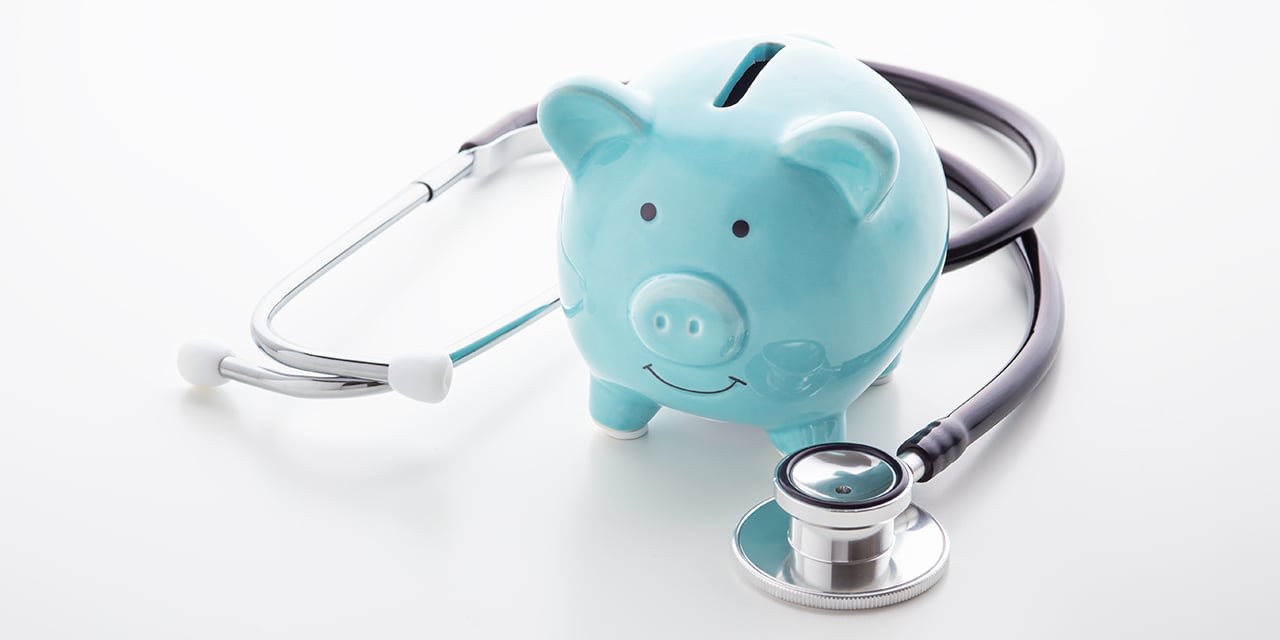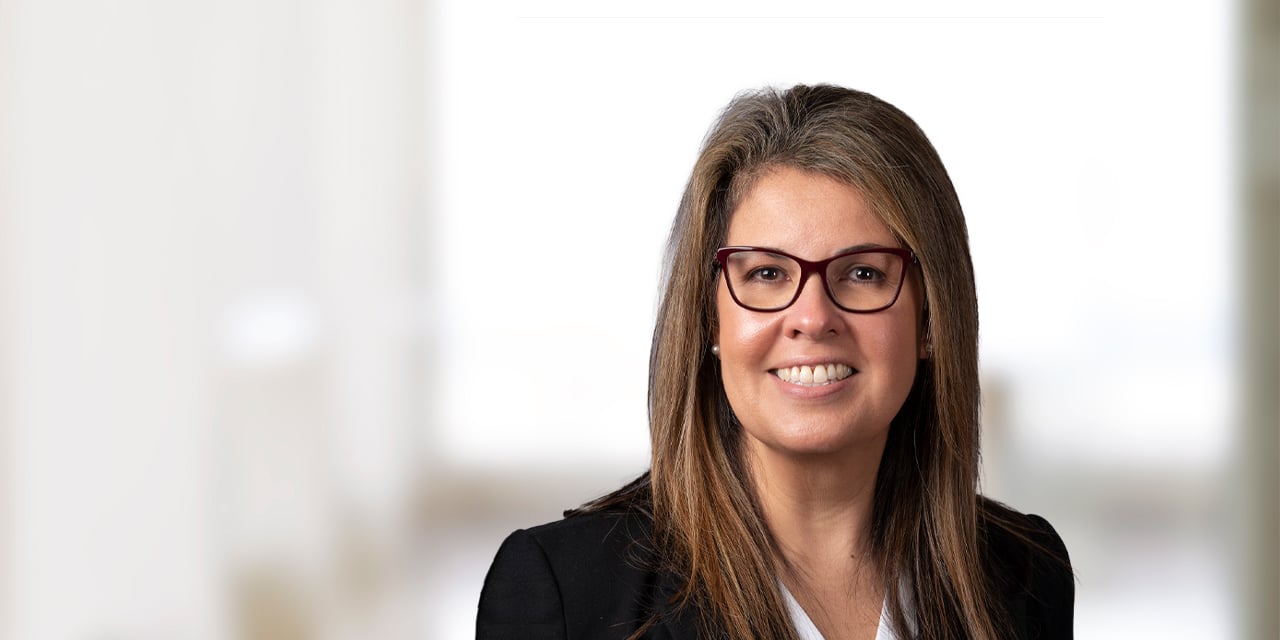
Financial Planning Mailbag: Dealing With Uncertainty
With the change in federal leadership and the coronavirus pandemic continuing to impact our lives in surprising ways, many Baird clients have been asking us questions reflecting the uncertainty they feel in their financial lives. Here are some of the most urgent topics on our clients’ minds:
- With the changes at the top of the federal government, how should I be prepared for any significant policy changes that may come down the line?
Most of the changes proposed by the current White House and Congress will likely take effect in 2022 and won’t be retroactive to 2021, so you’ll have time to prepare for them. The most likely changes are that the top personal income tax rate is expected to increase (the current proposal being floated is for incomes above $400,000) as well as the capital gains rate, which may reach the high 20s. If you’re concerned about these, you may want to accelerate some income into this year and recognize some gains by selling off capital now, to take advantage of the current lower tax rates.
- How should I be ready for a loss of income if I get sick or need to be quarantined for a long time?
Remember your Boy Scout training: Be prepared. The rule of thumb is to have on hand three months' worth of expenses for a dual-earning household and six months for a single earner, but in this COVID era of uncertainty, we would suggest staying on the high side of that recommendation. Keep these funds in a money market account, so that you have immediate liquidity and you don’t have to worry about fluctuations in the market impacting your emergency assets.
One way to improve your liquidity is to consider setting up a securities-based lending process. Also, if you’ve set up a home equity line of credit to draw from well in advance of when you need it, you should be better prepared for a spell of reduced income.
It’s also a good idea to begin reviewing your budget for how you can cut costs before the crisis arrives. Call your cable company or phone provider and see if you can switch to a lower-priced package. If you need to take advantage of it, many banks have been offering grace periods for loans, including mortgages, credit cards, and utilities.
- If I’m forced to change jobs, how does that affect my long-term financial planning?
The first and most obvious question: Does it pay you significantly more (or less) than the old job, and does that mean that you need to adjust your savings rate? Rerun the projections of your retirement savings to make sure you’re still on board for what you’ve planned for.
Also take some time to evaluate your new benefits package, particularly as it might affect your retirement plan. Does the new plan have a roll-in option for your old 401(k)? Some questions to ask yourself or your Baird Financial Advisor: Are the investment options better than in an IRA I can open for myself? What platform is it on? Does it offer Roth options? Can I take loans from it? If you ever need immediate cash, it’s always best to have the option to take a loan from yourself.
- What rules will be in place for taking required minimum distributions (RMDs) from my IRA for 2021?
The rules from the CARES Act are no longer in effect, so we are back to the earlier established rules regarding RMDs under the SECURE Act. Any further changes to the RMD rules will not be applied until 2022.
If you don’t need your RMD for income this year, keep in mind the Qualified Charitable Distribution option, which directs that distribution toward a charitable organization while avoiding the income recognition. Also note that if you’re turning 72 this year, you can delay your first-year RMD to April 1 of 2022, but then you’ll have to take two RMDs in 2022.
Converting a traditional IRA to a Roth IRA was very popular in 2020, when many people suffered a loss of income. If you want to make such a conversion in 2021, you will need to wait until after you take your RMDs.
- What changes should I expect from the 2022 IRS life expectancy tables?
For some time now, the IRS has been asked to update its life expectancy tables to reflect the fact that retirees are living longer and may need to stretch their retirement savings over a longer period of time compared to previous generations. So starting in 2022, you can expect to take smaller RMDs, which allows more of the account balance to grow on a tax-deferred basis. If you’re in this situation, get out in front of your cashflow planning and tax planning before 2022 arrives. It’s possible that you might need to take more than your RMD next year if you need the extra cash flow.
- How can I keep track of my big-picture finances to make sure nothing slips through the cracks?
Baird’s 360 Wealth tool is a great way to stay on top of this, not just for yourself but for the financial professionals in your life as well. Everything from your checking account at a local bank to your investment accounts is visible on the same screen and provides your advisor with up to date relevant information.
This tool also helps you answer many of the earlier questions, about emergency funds and retirement targets and dealing with tax rate changes. 360 Wealth lets you and your Financial Advisor take in the entire landscape, and can create a more collaborative planning atmosphere for the two of you. To learn more about 360 Wealth, click here.
The information offered is provided to you for informational purposes only. Robert W. Baird & Co. Incorporated is not a legal or tax services provider and you are strongly encouraged to seek the advice of the appropriate professional advisors before taking any action. The information reflected on this page are Baird expert opinions today and are subject to change. The information provided here has not taken into consideration the investment goals or needs of any specific investor and investors should not make any investment decisions based solely on this information. Past performance is not a guarantee of future results. All investments have some level of risk, and investors have different time horizons, goals and risk tolerances, so speak to your Baird Financial Advisor before taking action.


